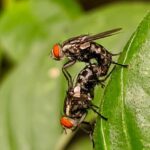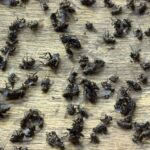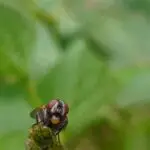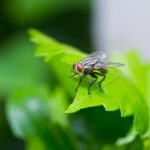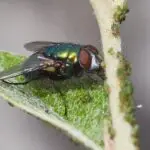How Are Flies Beneficial?
Flies have several important functions, including pollination of many fruits and vegetables. They help plants reproduce and provide food for other animals. Many flies also feed on the dead body of animals and dung, making them an important source of food for other animals. While some flies can be harmful, many are beneficial.
Most flies do not bite humans, but those that do are a small minority. But despite these negative aspects, flies are very important to ecosystems. In fact, their presence helps higher-up in the food chain, which means that the benefits far outweigh the drawbacks.
Most people see flies as pests and don’t appreciate their beneficial role in nature. They provide pest control and food for birds, act as water quality indicators, and pollinate many plants. In fact, they are the second-most important pollinating insects after bees. Many plants rely on them as their primary pollinators. Flies are found practically everywhere on the planet and are abundant in almost every terrestrial habitat.
The head of a fly is large and contains a brain, two compound and three simple eyes, two antennae, and mouthparts. Flies do not have a heart, but their circulatory system is open, allowing blood to freely flow from the head to the abdomen and back. The blood bathes the organs with nutrients, but also picks up waste along the way. They also have a digestive system, a long tube that runs from the mouth to the rectum. This tube contains a number of different sections, including the stomach, which processes food. The stomach is responsible for extracting nutrients from food, while the rest of the digestive system functions as a filter.


